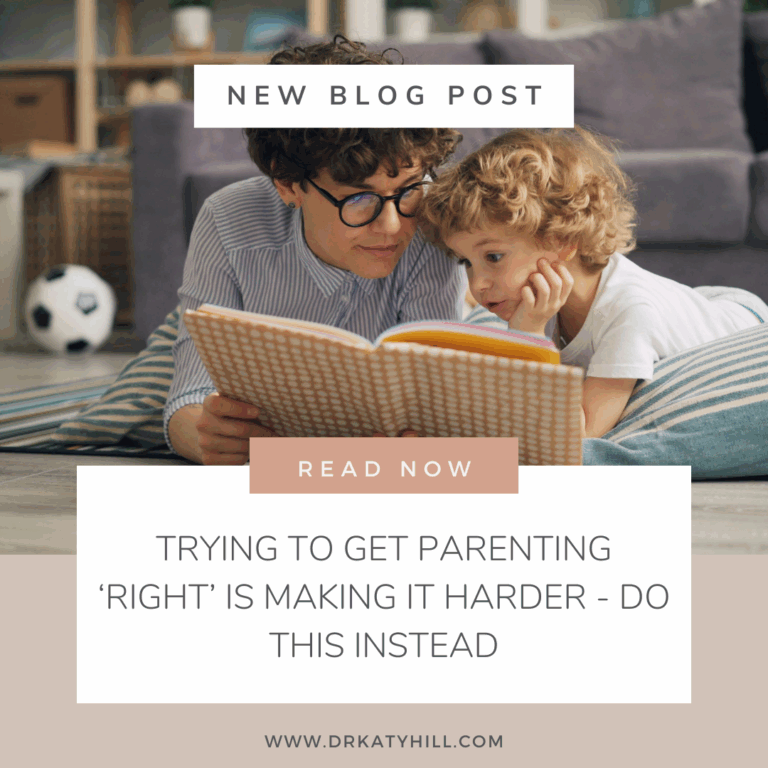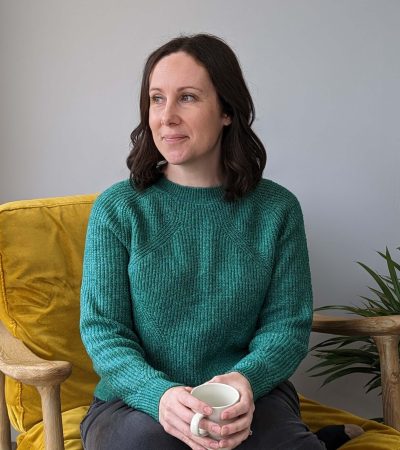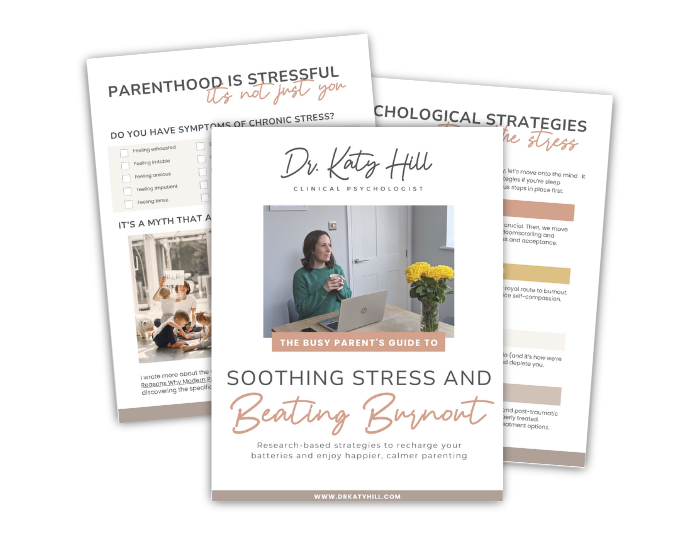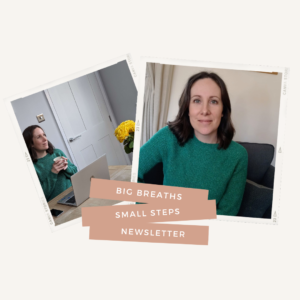If you’ve ever found yourself endlessly researching parenting strategies; desperately trying to figure out the right way to handle meltdowns, sibling squabbles, or bedtime battles – you’re not alone.
As a clinical psychologist and mum of three, I know that pressure intimately. And many of the thoughtful, emotionally attuned parents I work with know it too. They’re often therapists, helpers, or healers themselves – they feel like they know better, so they believe they should be coping better.
They’re not just looking for parenting hacks; they’re trying to break cycles, raise kind humans, and get it ‘right’. But that intention can slowly morph into anxiety, rigidity, and self-blame. Parenting becomes less about connection, and more about control. Less about fun, more about avoiding failure.
In this blog, we’ll explore why trying to ‘get it right’ can actually make parenting harder and what to focus on instead if you want to be a happier, calmer parent.
the illusion of control
There’s a powerful cultural message that tells us: If you parent well enough, you can shape exactly how your child turns out.
You’ll find it in the parenting books promising optimal outcomes if you just follow a script. You’ll hear it in Instagram reels warning that a certain phrase or missed boundary will ‘ruin’ your child. And if your child struggles with emotional regulation, learning, or behaviour? That blame falls overwhelmingly on the parent. Usually the mother.
For sensitive, reflective parents, especially those trying to parent differently than they were raised, this lands deep. It reinforces an insidious belief: If I just stay calm enough, consistent enough, do enough… I can control the outcome.
But the truth is: you’re not designing a machine. You’re raising a human.
The reality is that child development is influenced by a complex mix of genetics, environment, temperament, and social experiences. Yes, parenting matters deeply. But it isn’t an equation with guaranteed results. When we overestimate our control, we also over-personalise our child’s struggles and that creates a crushing emotional load.
You're a shepherd, not an engineer
One metaphor I often share comes from ADHD expert Dr. Russell Barkley. In this powerful speech, he reminds parents of something we’ve forgotten: so much of who our child is, is genetically determined. It’s not our job – and it’s not even possible – to mould them into the fantasy child we imagined.
He tells parents: You’re not an engineer building a machine. You’re a shepherd. And you didn’t design your sheep.
In other words, you didn’t design your child. You can guide them, nurture them, protect them but you can’t control who they are at their core. Their temperament, sensitivities, and challenges are often wired deep.
This metaphor is a balm for parents who feel like they’re completely responsible for their child’s outcomes. We’re not. And your job isn’t to engineer the perfect child (whatever that would even mean). It’s to figure out who your child is and to scaffold, support, and advocate for them, not some idealised version of who you thought they’d be.
This perspective doesn’t mean we stop caring. It means we start caring in a way that’s more realistic, grounded, and sustainable.
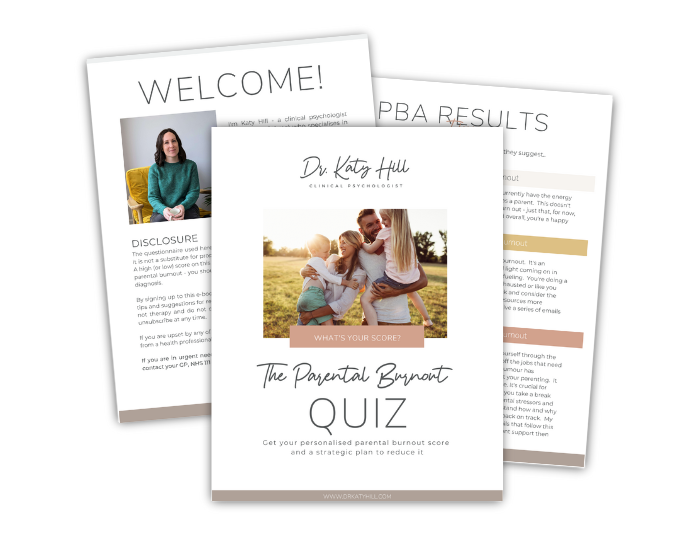
The Parental Burnout Quiz
Curious what your own parental burnout score is? Download the free assessment and get your score – plus expert tips on how to reduce it.
what overcontrol really looks like
When we think of controlling parents, we often picture authoritarian disciplinarians; harsh, rigid, demanding. But in my practice, overcontrol more often shows up in deeply loving, self-aware parents. People who care so much, they try to manage everything.
It might look like:
- Feeling afraid to let your child make a mistake
- Silencing your instincts in favour of what the ‘experts’ say
- Constantly second-guessing yourself
- Correcting or coaching your child in every small moment
- Becoming emotionally enmeshed in your child’s highs and lows
This kind of overcontrol doesn’t come from a lack of love; it comes from fear. Fear of messing up. Fear of repeating painful patterns. Fear of ruining their child.
But fear-based parenting often creates the opposite of what we want: it increases our reactivity, limits trust, and makes the parent-child relationship feel strained and performance-driven. It becomes hard to offer warmth, flexibility and presence because everything feels high-stakes.
And here’s the thing: it’s not just exhausting for you; it’s also heavy for your child. When everything feels scripted or managed, they lose opportunities to build autonomy, resilience, and trust in themselves.
Over time, this can lead to anxiety, avoidance of risk, or even rebellion – all of which are the very outcomes we were trying to avoid.
be a gardener; not a carpenter
So what’s the alternative? If we’re not aiming for control, does that mean we let go completely? Become permissive parents and let our children run wild?
Not at all.
Letting go of control doesn’t mean letting go of your child. It means shifting your stance. You’re still the adult. You’re still providing boundaries, safety, and consistency. But you’re doing it with a softer grip – one that leaves room for your child’s growth, mistakes, and uniqueness. You become more curious about this particular child and what they need to flourish.
Developmental psychologist Dr. Alison Gopnik offers another beautiful metaphor: the carpenter vs. the gardener. The carpenter parent follows a blueprint, trying to build a specific kind of child. The gardener parent tends the soil; creating the conditions for growth, while recognising they can’t predict or force what will bloom.
You don’t need to be a carpenter who’s constantly correcting, adjusting, and shaping to produce a specific product. You can be a gardener – learning what type of plants you have and what type of nourishment and protection they need.
try this instead: autonomy-supportive parenting
One parenting approach I often reference is autonomy-supportive parenting, described by Dr. Emily Edlynn. This approach blends structure and warmth. It’s not about being permissive, and it’s not about strict control. It’s the middle path.
Autonomy-supportive parents offer clear expectations and emotional flexibility. They support their child’s independence while staying connected. They prioritise collaboration over compliance.
Research shows that children raised this way tend to develop stronger self-regulation, greater emotional wellbeing, and more secure parent-child bonds. They also tend to internalise values (rather than just rules) and become more resilient in the face of life’s challenges.
And perhaps just as importantly: parents feel less overwhelmed. They’re not constantly battling for control. They’re not putting so much pressure on themselves to mould the ‘perfect child’ and avoid any mistakes. They’re building a relationship based on respect, communication, and mutual growth.
If Parenting Has Started to Feel Like Pressure or Performance…
You’re not alone. Many of us are doing this.
We’ve absorbed decades of messaging that told you parenting was about control. That if you worked hard enough, planned well enough, stayed calm enough, you could guarantee your child’s life outcomes.
That their successes would prove you’re doing it right and their struggles would prove you’re doing it wrong.
But you were never meant to carry that weight.
Your job isn’t to mould your child into someone specific. It’s to nurture them as they become themselves. To show up, not perfectly, but fully. Present. Responsive. Grounded in your values.
Control is not the goal. Connection is.
And when you start to lead from that place – even when things are messy – it gets easier to trust yourself, and to trust your child.
want more help with this?
If any of this resonates and you’re tired of trying to white-knuckle your way through parenting; therapy might help.
Not because you need fixing. But because you deserve support. Space to explore the pressures you’ve been carrying. Tools to reconnect with your values. And room to build a relationship with your child that feels more grounded, more flexible, and more real.
I offer a free, no-pressure intro call so we can chat about what support might look like for you. You can book that here.
You’re already doing more than enough. Let’s make space for you in the process, too.

